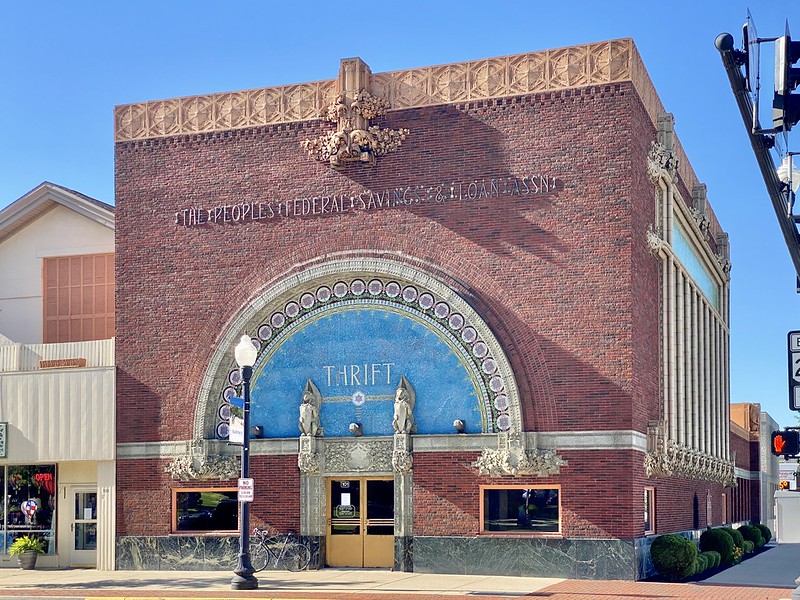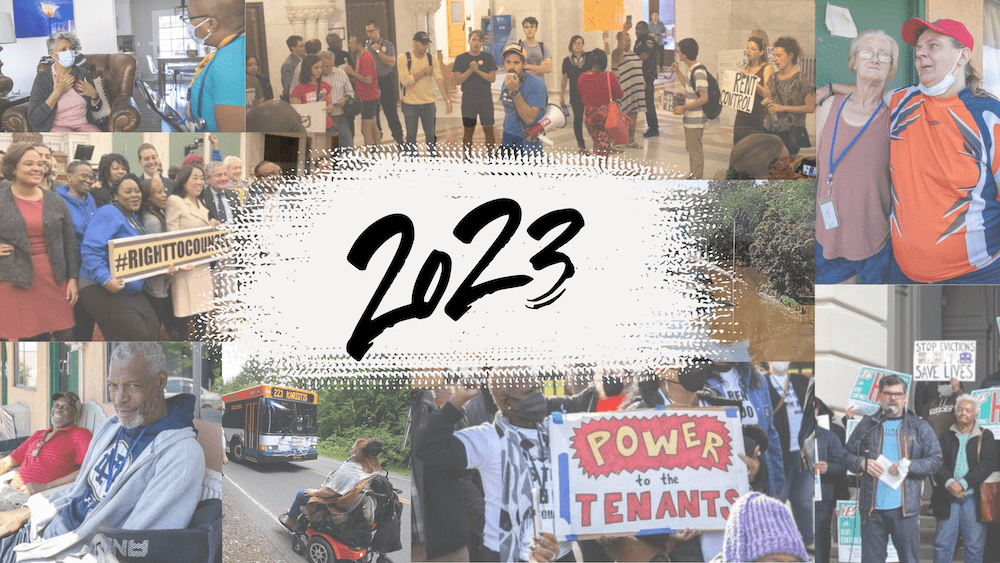Local governents, frustrated (there’s an understatement for you) with the devastating effects of massive foreclosures have tried suing lenders for essentially offering defective products, and also for discriminatory treatment. Albany Law School Professor Ray Brescia argued in Shelterforce last year that once a few of these suits take hold they could become a force for change, and redress. We’d like to see it come to pass, but so far, there hasn’t been too much momentum gathered, and borrowers and towns are going to have to get in line behind peeved investors like Allstate who also want to sue and can pay for the lawyers to do so.
But if they are looking forward at trying to modify lenders’ behavior, say in terms of loan modifications, restarting lending, maintenance of vacant properties, or selling to responsible owners at reasonable prices, municipalities have another tool at their disposal to send their message: they can move their deposits. In the latest issue of Shelterforce we reported that San Diego has recently done this as a way to send a message about foreclosure modifications.
Now, Councilman Brad Lander is proposing a Responsible Banking Act, similar to Cleveland’s and Philly’s, in New York City. It would require banks that have city deposits to offer a strategic plan for “for how they plan to meet community credit needs, and then provide a detailed annual report on their record of community investment and service (including branches, loans, grants, community development and affordable housing products, foreclosures and mortgage modifications).”
If this revived linked deposit movement takes off, my first question is whether governments will actually move their money to community banks and credit unions, or whether they will merely shuffle it among the big banks in search of specific concessions.
My second question is will they put specific, concrete standards in place beyond “reporting” or ensure that the reports don’t become formalities. Without something concrete it will be hard to actually get to the point of moving deposits.
And my biggest question, which I think will be crucial for this to have a real effect on (multi)national institutions is will local governments and the activists in them coordinate with each other to draft similar standards and thresholds for these policies so that there is power in numbers?
If your local government is considering linked deposits or a responsible banking policy, let us know what it looks like!




Comments